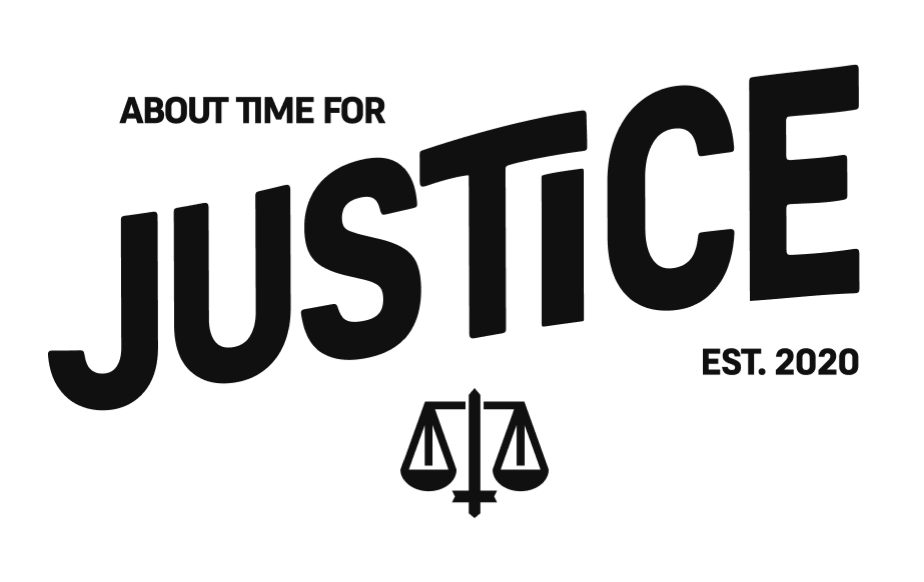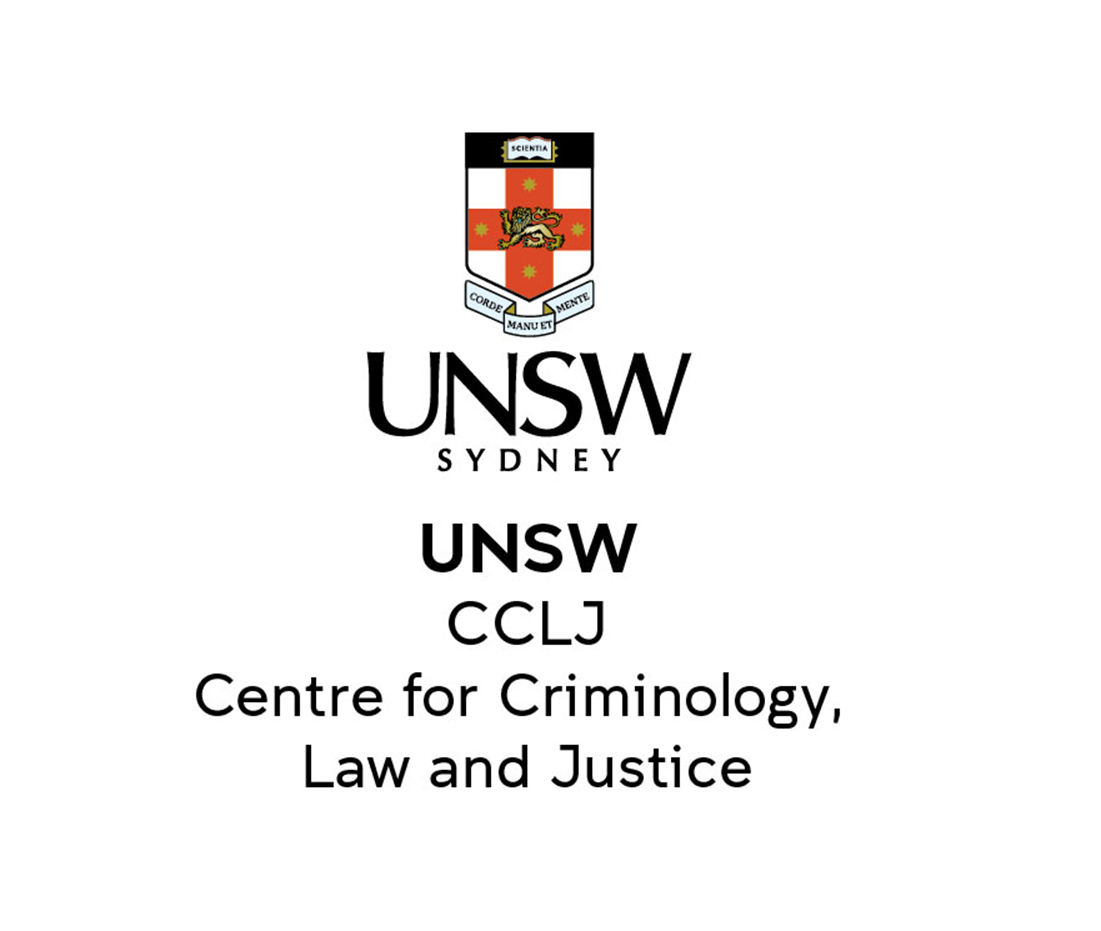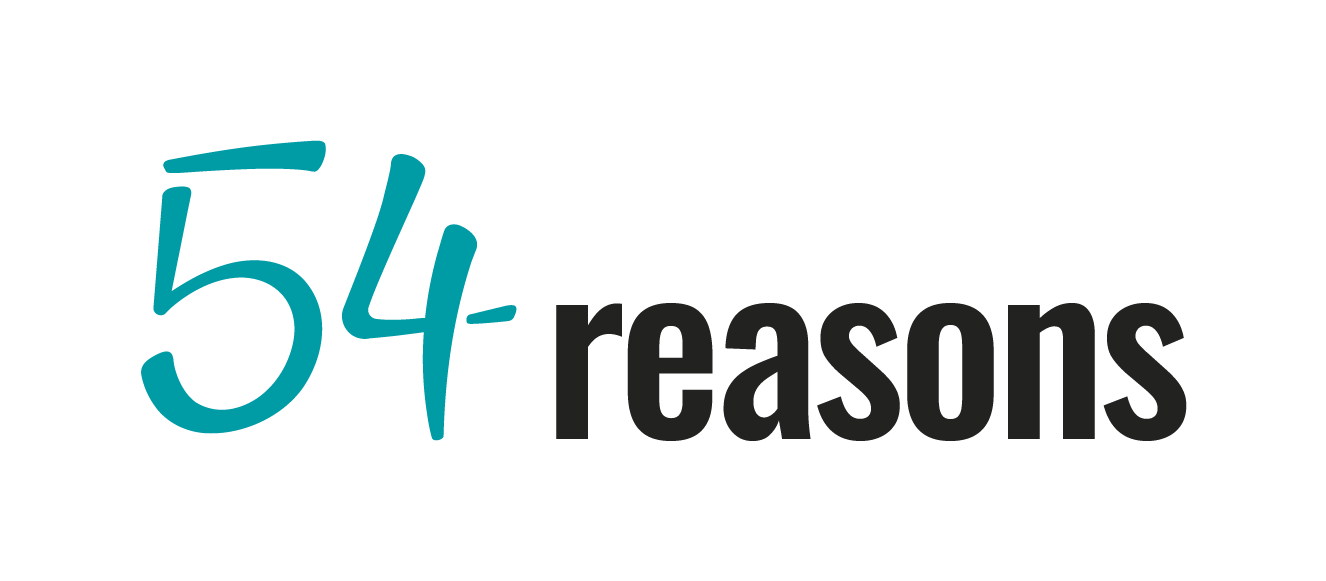People diagnosed with an intellectual disability involved in the criminal justice system experience disproportionate challenges receiving support and interventions to achieve a fulfilling lifestyle and mitigate recidivism. To bridge the service gap for this cohort, Victoria’s Forensic Disability Service operates residential treatment programs with intervention in a therapeutic living-learning environment. This presentation will explore the lived experience of “Brian”, an Aboriginal man who has completed the residential treatment program. “Brian’s” success has been supported by the therapeutic model that assisted the development of protective factors to counter risk factors, enabling “Brain’s” transition into supported community-based living. Historically, “Brian” has experienced the cycle of incarceration, and subsequent marginalization the justice system perpetuates. “Brian’s” experience examines how systemic issues can be addressed through understanding the mechanisms of change contributing to the application of cognitive behavioural intervention, acquisition of adaptive living skills, overall wellbeing, quality of life and risk reduction . The program actively implements a therapeutic model underpinned by positive behaviour support; trauma-informed care; risk need responsivity principles; and the good lives model, to intersect disability needs with treatment intervention. The therapeutic model positions the resident as an active participant in their treatment empowering the change process. The model focuses on timely, dynamic feedback within the residential environment reinforcing treatment skills, with natural, proportionate responses for behaviour that causes harm to self or others. The residential space allows for dedicated disability support to address responsivity factors, while developing adaptive living skills, culminating to increase quality of life, while reducing risk of recidivism.
Presenters
Ms Emily Webb
– Practice Leader, Forensic Disability Services - Department of Fairness Families and Housing, Australia
MBS (Forensic BehSci) Swinburne; BA (Psych & ForensicSc & Crimnlgy). Practice Leader in Forensic Disability Services (FDS) in Victoria, Australia. Responsible for supporting the implementation and monitoring of best practice across program areas working with individuals living with disability in contact with the criminal justice system. Experience in supporting individuals living and participating in intervention across FDS, in particular within residential services. Experience supporting women and young people in contact with the criminal justice system. Passion improving the experience and outcomes of individuals with a disability in contact with the criminal justice system; specifically, support, intervention and approaches to mitigate service gaps.
Dr Matt Frize
– Director, Forensic Disability Services - Department of Fairness Families and Housing, Australia
Clinical, Educational and Developmental Psychologist (DocClinPsych; PhD; MPsych (Ed & Dev); BEc (Soc Sci)). Director of Forensic Disability Services in Victoria, Australia, which is currently responsible for servicing approximately 800 individuals. Experience in producing and publishing research related to people with a disability in contact with the criminal justice system. Clinical Associate, Swinburne University of Technology.
Ms Jayne Dennis
– Manager, Forensic Residential Services, Forensic Disability Services - Department of Fairness Families and Housing, Australia
25+ years of experience working in the forensic disability sector. Current Manager of Forensic Residential Services within Forensic Disability Service. Experience in the implementation of evolving legislation and models of care across Victoria's forensic disability landscape. Passion for supporting people living with disability and in contact with the criminal justice system and improving systems and practices to increase opportunities and improve experiences for individuals involved in the criminal justice system.











